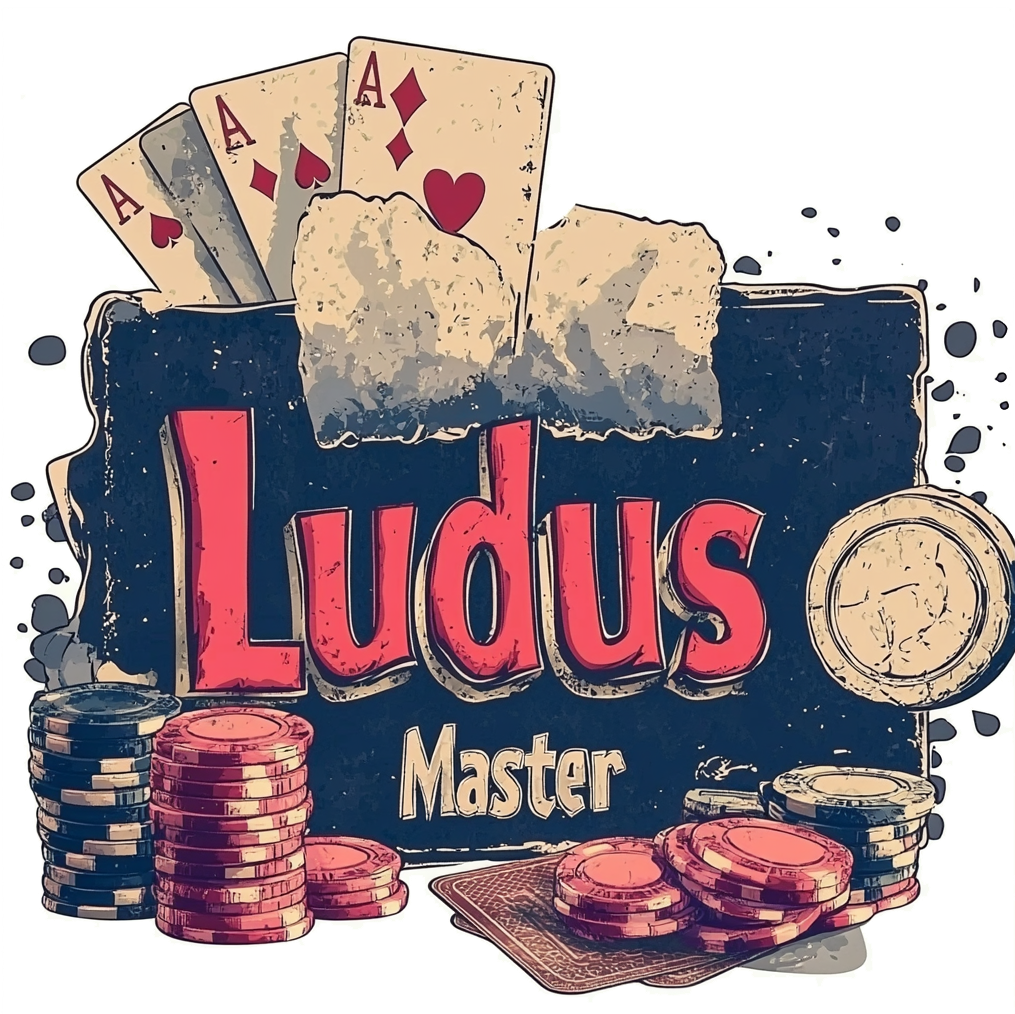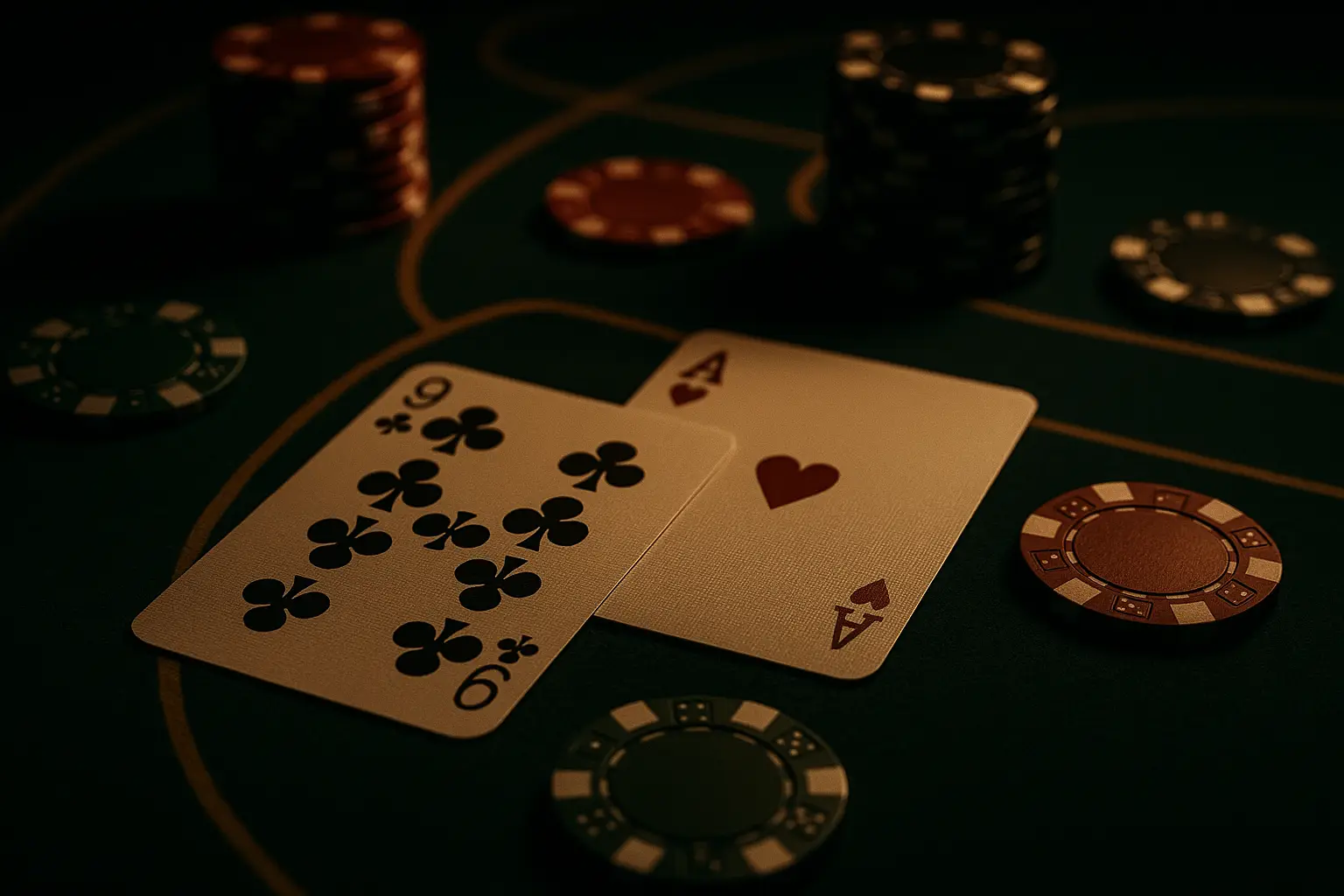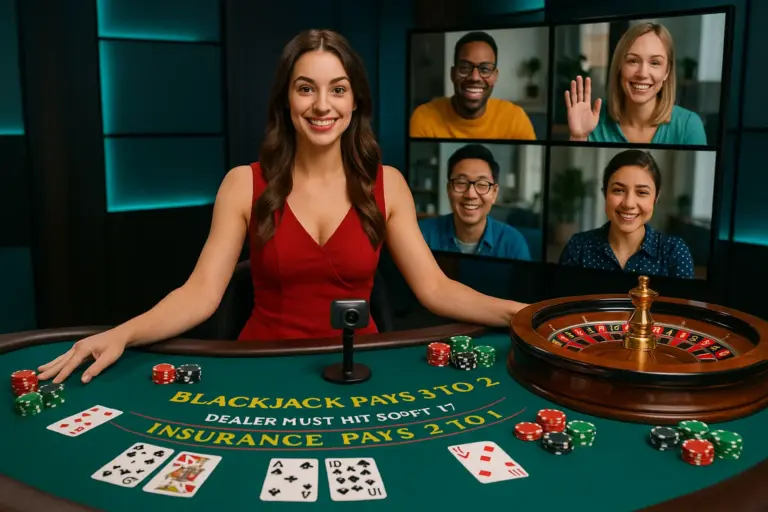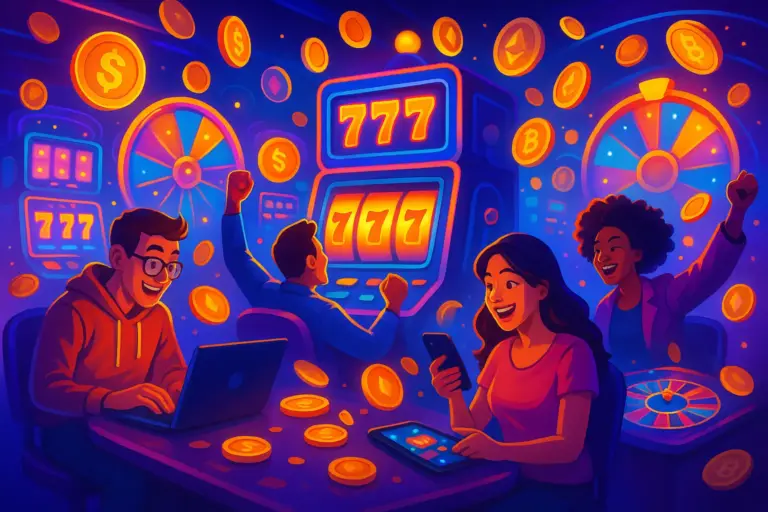You know that feeling when you spot a secret shortcut everyone else missed? Welcome to the sly world of edge sorting! This isn’t your basic “lucky number seven” strategy. Nope. We’re diving deep into a game of eagle eyes and razor-sharp memory, where tiny card flaws—usually overlooked—become goldmines for savvy gamblers. It’s clever, controversial, and guaranteed to spark debate over cocktails at the casino bar.
Contents
- 1 Tiny Flaws, Big Ambitions: The Basics of Edge Sorting
- 2 How Edge Sorting Actually Happens on the Casino Floor
- 3 The Legend of Phil Ivey: Edge Sorting Goes Global
- 4 Blurring the Lines: Skill Versus Cheating
- 5 Why Baccarat? (And Could It Work Elsewhere?)
- 6 Lessons from the Pros…and a Few Party Poopers
- 7 Edge Sorting in the Internet Age: Can Online Players Join In?
- 8 One for the Trivia Books: Edge Sorting Then and Now
Tiny Flaws, Big Ambitions: The Basics of Edge Sorting
Let’s start at the beginning. Most people assume playing cards come off the factory line looking identical. But even casino-grade cards sometimes have micro-imperfections, especially along their patterned backs. One edge might carry a design just a hair thicker. Maybe a diamond corner sits a little closer to the border. Humans rarely notice this, but guess what? Professional gamblers aren’t “most people.”
Sharp-eyed pros examine card edges, back patterns, and those almost-invisible little differences. They spot anomalies and connect the dots. In games where cards must land face-down—baccarat, for example—this can become a legitimate advantage. And if the player convinces a dealer to shuffle in a way that preserves the orientation of specific cards? Boom. Suddenly, knowing which edge means “ace,” and which means “six,” means everything. It’s genius, if you can pull it off.
How Edge Sorting Actually Happens on the Casino Floor
Think edge sorting works like reading Tarot cards? Think again. Here’s how the players do their thing:
- Pick the Right Deck: Not all cards are created equal. Some deck designs just lend themselves to this trick, especially those busy back patterns where a left-right difference exists.
- Flip and Rotate: The pros often sweet-talk the dealer into deftly rotating certain cards. They might say it’s for good luck, or personal superstition. Suddenly, the king is facing north, while the five points south.
- Let the Machine Shuffle: Here’s where it gets really tasty. Dealers might use an automatic shuffler to mix the cards, and that shuffler rarely flips cards upside-down. This way, your careful north-south card arrangement survives into the next round.
- Watch, Wait, and Bet Big: Now when the cards come out, you can read the backs and estimate what’s to come. If your system says a face-down card has a high-value face, your bet suddenly grows a lot braver.
Anyone can look at cards, but it takes a rare patience—and iron discipline—to make the mental notes and sharp recalls this requires. That’s why so few people have actually pulled it off.
The Legend of Phil Ivey: Edge Sorting Goes Global
Let’s add some real drama. No edge sorting tale is complete without mentioning Phil Ivey, the poker legend who helped elevate the tactic to international courtrooms.
So, picture this: In 2012, Ivey walks into Crockfords Casino in London with gambling partner Cheung Yin Sun, ready for punto banco baccarat. He leaves with £7.7 million in winnings. You’d think the casino might hand over a golden trophy, right? Nope. The casino refuses to pay, crying foul over Ivey’s tactics. Their claim? Cheating! And the drama unfolds.
Fast forward to legal showdowns. After a tug-of-war in court, the UK Supreme Court sides with the casino. Ivey’s edge sorting, the top judges claim, breaks the rules—even if he never physically marked a card or snuck any gadgets into the room. Apparently, setting up the conditions to spot those design flaws is enough to be labeled as cheating under civil law.
If you thought that saga was over, Atlantic City’s Borgata Casino rolls into the plot. Ivey and Sun bag a cool $9.6 million using the same edge sorting technique. This time, litigation takes years. The result? Courts rule that Ivey and Sun broke their “contract” with the casino, so Borgata gets every dollar back. And yes, those losses stung.
Blurring the Lines: Skill Versus Cheating
Is edge sorting really cheating? That’s the question that splits the gambling world. Here’s what both sides argue:
- Team Skill: These folks say players don’t mark cards, swap them, or bring in hidden tools. They’re simply paying attention and “asking nicely” for the dealer to rotate cards. Casinos agree to those requests, after all.
- Team Cheating: On the flip side, casinos—and courts—say you’re manipulating the game’s conditions. The fact that you’re setting a trap, rather than playing with what’s on the table, crosses a line.
It’s no surprise that after these high-drama lawsuits, casinos got nervous. Most switched to cards with perfectly symmetrical backs. Some train dealers to refuse any “rotation requests.” And, when in doubt, pit bosses monitor player requests a lot more closely. Nobody wants another Ivey situation to unfold on their watch.
Why Baccarat? (And Could It Work Elsewhere?)
Let’s answer the elephant in the room. Why do edge sorters love baccarat?
First, the game deals out lots of cards, quickly. That gives more chances to spot valuable “edges” in play. Second, many casinos used card designs that weren’t 100 percent symmetrical for a long time. And finally, baccarat’s betting structure means one correct guess can net a monster payout.
Could edge sorting work in blackjack or poker? In theory, yes. But it’s a much tougher hustle. Those games tend to rotate or discard used cards more aggressively, making it way harder to “set” the deck for future rounds.
Lessons from the Pros…and a Few Party Poopers
For those tempted to train their gaze and march into the casino as the next Phil Ivey, take a breath. The casinos are prepared now, post-lawsuits and scandals. Here are some changes you’ll see:
- Decks now almost always use mirrored back designs. Good luck spotting a defect!
- Dealers get trained to ignore or gently refuse rotation requests.
- Pit bosses and security watch closely. Unusual player-dealer interactions get flagged every time.
So, don’t count on asking nicely to spin those cards around. Casinos won’t fall for it twice.
Edge Sorting in the Internet Age: Can Online Players Join In?
If you’re wondering whether you can pull off edge sorting on an online baccarat table, here’s the scoop. Digital cards don’t come with physical flaws. All the cards are perfectly rendered by a computer. Unless you know the programmer, there’s absolutely nothing to spot or “sort” edge-wise. Even live dealer online games use fresh decks every few hands.
The bottom line: if you’re curious about edge sorting, land-based casinos are the only place the trick ever had a shot. And these days, even that shot is fading fast.
One for the Trivia Books: Edge Sorting Then and Now
For a flash-in-the-pan moment, edge sorting felt like magic—hidden in plain sight, played by only a handful of masters. It combined a touch of science, a dollop of psychology, and a big helping of daring. For a few short years, it tilted the balance against the house. But fame comes with a price.
After all the headlines, lawsuits, and casino system upgrades, edge sorting now lives more as legend than everyday strategy. If you ever get to swap stories with real gamblers, bring up Phil Ivey and his wild ride—it’s guaranteed to get some wide eyes and maybe a grin from someone who remembers those days. As for what’s next? Casinos always adapt, players always push boundaries, and every so often, someone clever finds a new way to beat the odds—if only for a little while.




